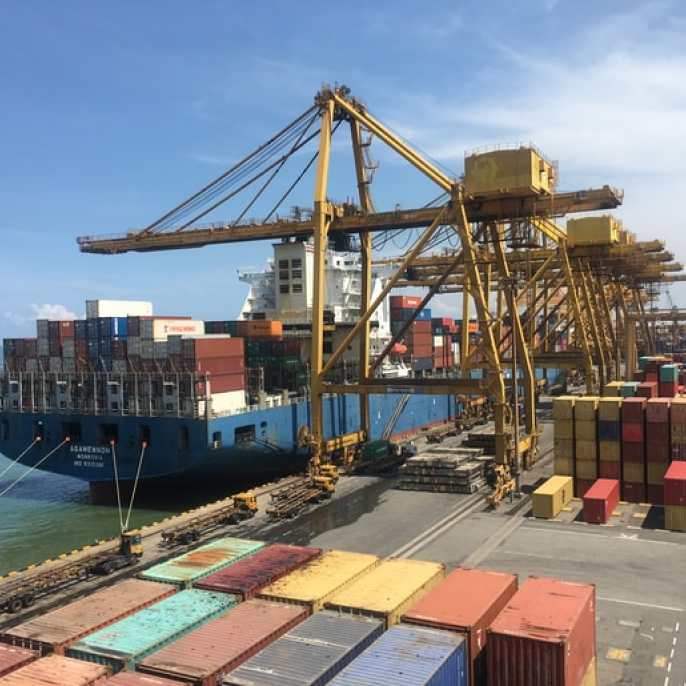Your Technical Partner in
Speciality Lubricants
Your application is unique, so should be your lubrication.
Get
customized solutions to suit your application
Your application is unique, so should be your lubrication.
Get
customized solutions to suit your application
TRUSTED BY THE BEST IN THE INDUSTRY






TORQ SPECIALITY LUBRICANTS - A UNIT OF TRIBO INDUSTRIES
Tribo Industries is one of India’s leading specialty lubricant & grease manufacturers well known for technical innovations, superior quality & custom designed products. Our range of specialised lubricants & greases are manufactured to outperform in the most extreme conditions where conventional lubricants fail to provide adequate lubrication.
State of the art manufacturing facility, laboratory with research & development centre
Presence all over the country through a network of distributors & warehouses
Complete range of industrial, automotive & speciality lubricants
Premium quality, high performance greases, oils & pastes
Technical support to help you choose better
Customised solutions for your application

Reasons our clients choose us
Technology that works
Our state of the art manufacturing facility, R&D Centre and lab at Hyderabad, India is capable of developing and producing the most advanced technology lubrication oils & greases.
Assured Quality
Stringent quality control measures by means of random testing of samples by third parties from time to time to corroborate in-house and third party results to ensure constant improvement in quality as well as ensure unbiased opinions on the quality of the products.
Technical Prowess & Innovation
Experience and expertise in manufacturing automotive, industrial and specialty lubricants including lubricating greases, oils and pastes. Capacity to develop tailor-made products based on client's needs and requirements.
Ease of Doing Business
Capability to provide technical consultancy and professional lubricant advice to clients.Availability of all major transports in the vicinity to ensure on time door step delivery in every part of the country.
INDUSTRIES WE SERVE
Tailor-made Oils, Greases and Pastes for your Industry

Technical Support
Tribo Industries excels in technical support & fair guidance for our customers. We have developed industry leading SOP’s to understand clients applications and then on the basis of the application requirement, working environment, human constraints and several other factors and our scientific analysis we offer the most suitable products.
Contact usExports & International Business
Tribo Industries has a presence in several countries around the world with exports to South East Asia, West Asia and Africa. We are continually adding new dealers and distributors for unrepresented territories. We welcome you to get in touch with us if you wish to join us as our authorised distributor for your country. We extend complete technical & marketing support to all our distributors.
Contact us
+
Distributors
+
Products
+
Customers
Get customized
solutions to suit your
application today!
We're right here for you.
Get in touch Partner with us
Easy Availability
Pan-India Distributor Network

Quality Assurance
ISO 9001:2015 Certified

Technical Support
+91 9705404632

NSF Registered
Food Grade Lubricants
Frequently asked questions
Here are some of our most frequently asked questions
Common Grease Types and Characteristics :-